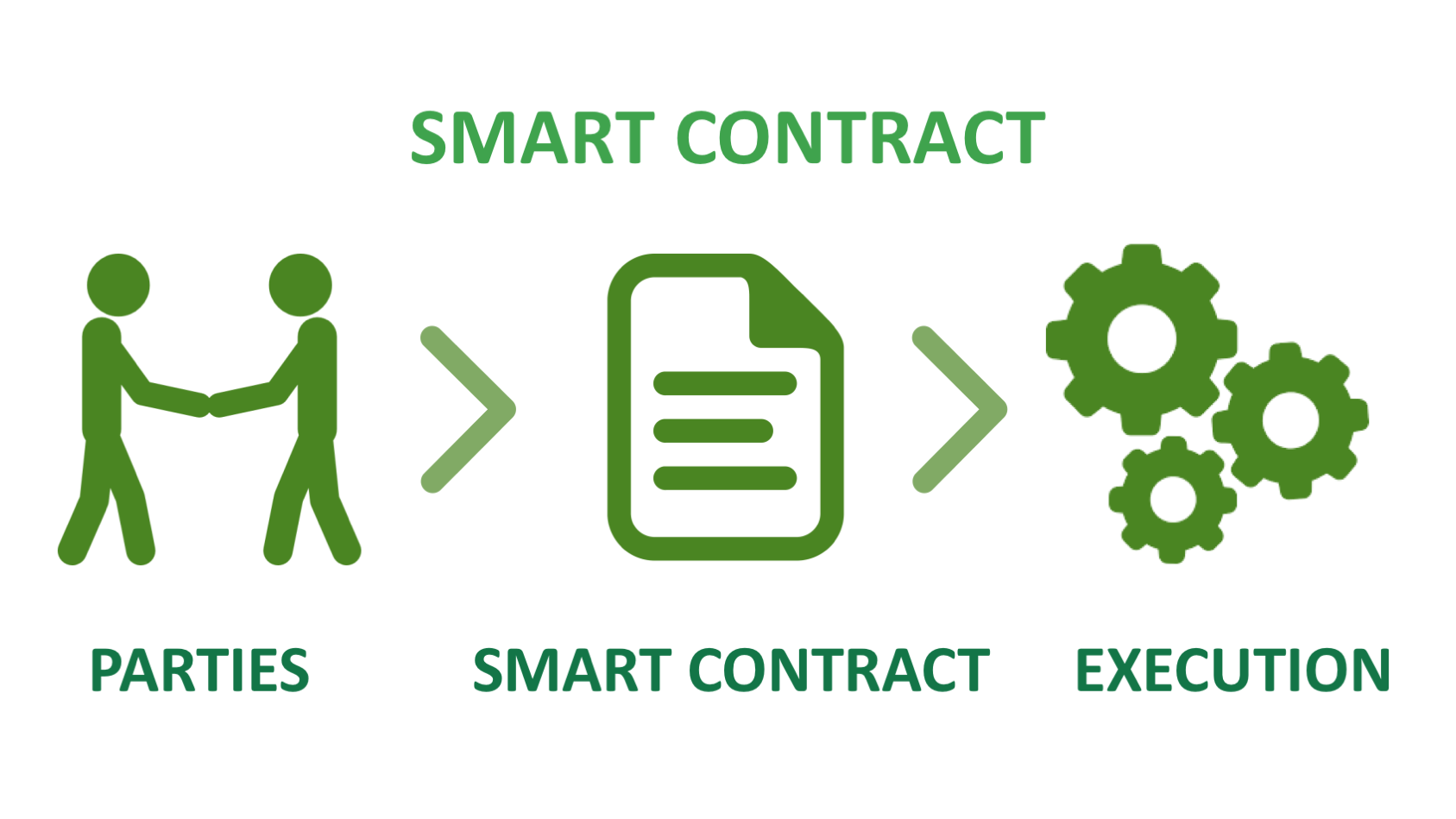What is a Smart Contract?
4 min read
In the rapidly evolving landscape of blockchain technology, smart contracts have emerged as a revolutionary concept, reshaping how we think about and execute agreements. A smart contract is not a physical document or a piece of code; it’s a self-executing, programmable contract with predefined rules that run on blockchain networks. In this comprehensive guide, we will delve into what smart contracts are, how they work, their advantages and disadvantages, and their real-world applications.
Defining Smart Contracts
A smart contract is a computer program that automatically executes, enforces, or facilitates the terms of a contractual agreement when specific conditions are met. Unlike traditional contracts, smart contracts are stored on a blockchain and are immutable, transparent, and self-executing. These contracts are written in programming languages like Solidity (for Ethereum) and are executed by nodes on the blockchain network.
Decentralization and Trust
Smart contracts operate on decentralized blockchain networks, eliminating the need for intermediaries such as banks, lawyers, or notaries. This decentralization ensures trust, as contract execution is transparent and tamper-proof, reducing the risk of fraud or manipulation.
How Smart Contracts Work
Code as Agreement
Smart contracts encode the terms and conditions of a contract directly into lines of code. These contracts can range from simple agreements, such as transferring digital assets, to complex multi-signature transactions. Once deployed on a blockchain, the code is immutable and cannot be altered.
Automated Execution
Smart contracts execute automatically when predefined conditions, or “if-then” statements, are met. For example, a smart contract for a digital payment might stipulate that when Party A receives a product, the contract automatically transfers payment to Party B. This automated execution eliminates the need for manual intervention.
Transparency and Immutability
Smart contracts are stored on a blockchain, ensuring transparency and immutability. All parties involved can view the contract’s code and verify its execution. Once deployed, the contract’s code cannot be changed, providing a permanent and tamper-proof record.
Blockchain Network Consensus
To prevent fraudulent or erroneous contract executions, blockchain networks rely on consensus mechanisms such as Proof of Work (PoW) or Proof of Stake (PoS). These mechanisms ensure that contract execution is validated by multiple nodes on the network, enhancing security and trust.
Advantages of Smart Contracts
- Security: Smart contracts are highly secure due to their encryption and immutability, reducing the risk of fraud.
- Transparency: Contract terms and execution are visible to all parties, fostering trust and accountability.
- Efficiency: Smart contracts automate processes, reducing the time and cost of contract execution.
- Cost Savings: Elimination of intermediaries, such as lawyers or banks, reduces transaction costs.
- Accuracy: Automated execution reduces the risk of human errors in contract fulfillment.
Challenges and Considerations
- Code Vulnerabilities: Smart contracts are only as secure as the code they are written in. Vulnerabilities or bugs in the code can lead to exploits and financial losses.
- Legal Recognition: The legal status of smart contracts varies by jurisdiction. Some countries recognize them as legally binding, while others do not.
- Scalability: As blockchain networks grow, scalability becomes an issue. High transaction fees and slow processing times can hinder widespread adoption.
- Privacy: While blockchain is transparent, privacy concerns can arise when sensitive information is stored on a public ledger. Solutions like zero-knowledge proofs are being developed to address this issue.
Real-World Applications of Smart Contracts
- Financial Services: Smart contracts are used in decentralized finance (DeFi) for lending, borrowing, and trading cryptocurrencies without intermediaries.
- Supply Chain Management: Smart contracts enhance transparency and traceability in supply chains by recording the movement of goods and verifying authenticity.
- Real Estate: Property transactions, including title transfers and escrow services, can be automated using smart contracts, reducing the need for intermediaries.
- Insurance: Claims processing and payouts can be automated with smart contracts, reducing paperwork and delays.
- Healthcare: Smart contracts securely manage patient records, insurance claims, and medical billing, enhancing data privacy and control.
- Voting Systems: Blockchain-based voting systems offer secure and transparent elections, reducing fraud and increasing voter confidence.
- Intellectual Property: Content creators and artists use smart contracts to manage royalties and copyright agreements, ensuring fair compensation.
Ethereum Contract Deployment Cost
Ethereum, one of the most popular blockchain platforms for smart contracts, imposes a cost for deploying contracts on its network. This cost, known as the Ethereum contract deployment cost, is paid in Ether (ETH) and varies depending on the complexity of the contract and network congestion. It’s an essential consideration for developers and businesses looking to utilize Ethereum for their smart contract applications.
Smart contracts represent a paradigm shift in how we execute agreements and conduct transactions. Their security, transparency, and efficiency make them a valuable tool across various industries, from finance and supply chain management to healthcare and voting systems. As blockchain technology continues to evolve, smart contracts will likely play an increasingly significant role in redefining how we engage in contracts and transactions, providing a secure and automated means of doing business.







